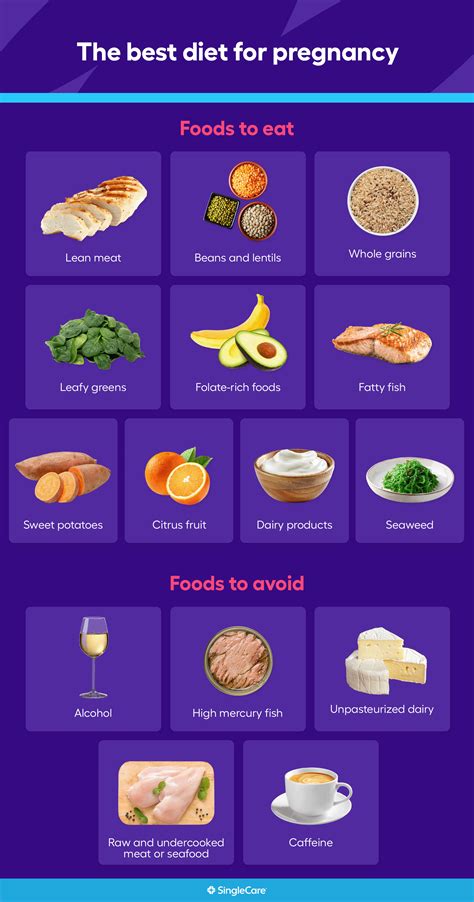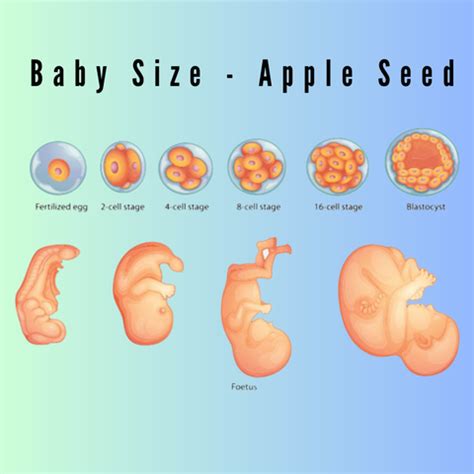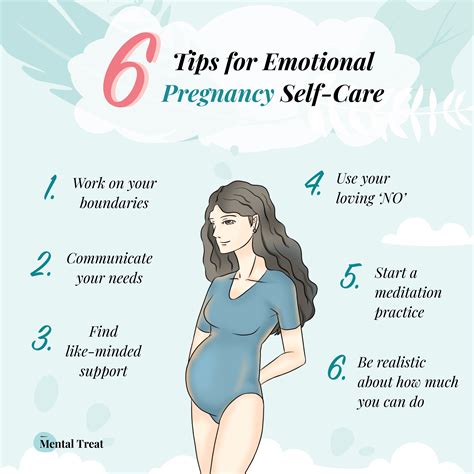Intro
At 5 weeks pregnant, you're probably still getting used to the idea of having a tiny human growing inside you. This period is crucial, and it's essential to take care of yourself to ensure a healthy pregnancy. Your body is undergoing significant changes, and you might be experiencing a mix of emotions, from excitement to anxiety. As you navigate this journey, it's vital to stay informed and prepared for what's to come.
During the first trimester, your baby is growing rapidly, and their major organs and body systems are starting to develop. It's a critical period, and your lifestyle choices can significantly impact your baby's health. At 5 weeks, you might not be showing yet, but you could be experiencing symptoms like morning sickness, fatigue, and mood swings. These symptoms can be challenging, but there are ways to manage them and ensure a smooth pregnancy.
As you enter your 5th week of pregnancy, it's crucial to prioritize your health and well-being. This includes maintaining a balanced diet, staying hydrated, and engaging in regular exercise. You should also start thinking about your prenatal care and scheduling regular check-ups with your healthcare provider. These appointments will help you monitor your baby's growth and identify any potential complications early on. By taking control of your health and making informed choices, you can set yourself up for a healthy and happy pregnancy.
Understanding Your Body at 5 Weeks Pregnant

Physical Changes at 5 Weeks Pregnant
Some common physical changes you might experience at 5 weeks pregnant include: * Breast tenderness and swelling * Fatigue and exhaustion * Morning sickness and nausea * Frequent urination * Mood swings and emotional changes * Bloating and crampingThese symptoms can be challenging, but there are ways to manage them. For example, you can try eating smaller, more frequent meals to alleviate morning sickness, or practice relaxation techniques like deep breathing and meditation to reduce stress and anxiety.
Nutrition and Diet at 5 Weeks Pregnant

You should also aim to include a variety of whole foods in your diet, such as fruits, vegetables, whole grains, and lean proteins. Avoid processed and high-sugar foods, which can be detrimental to your health and your baby's development.
Food Safety at 5 Weeks Pregnant
Food safety is also critical during pregnancy, and you should take steps to avoid foods that can pose a risk to your health and your baby's health. Some foods to avoid at 5 weeks pregnant include: * Raw or undercooked meat, poultry, and seafood * Unpasteurized dairy products and juices * High-mercury fish like shark, swordfish, and king mackerel * Raw or sprouted beans and peasBy being mindful of your diet and avoiding potentially hazardous foods, you can reduce the risk of complications and ensure a healthy pregnancy.
Exercise and Fitness at 5 Weeks Pregnant

It's essential to listen to your body and avoid exercises that can put you or your baby at risk. You should also consult with your healthcare provider before starting any new exercise routine.
Benefits of Exercise at 5 Weeks Pregnant
Regular exercise can have numerous benefits during pregnancy, including: * Reduced morning sickness and nausea * Improved mood and reduced stress * Increased energy and reduced fatigue * Improved sleep quality * Reduced risk of gestational diabetes and hypertensionBy incorporating exercise into your daily routine, you can improve your overall health and well-being, and reduce the risk of complications during pregnancy.
Prenatal Care at 5 Weeks Pregnant

What to Expect at Your First Prenatal Appointment
At your first prenatal appointment, your healthcare provider will: * Confirm your pregnancy and estimate your due date * Perform a physical exam and take your medical history * Discuss your lifestyle and any potential risks or complications * Provide guidance on nutrition, exercise, and prenatal careBy attending regular prenatal appointments, you can ensure a healthy pregnancy and reduce the risk of complications.
Emotional Well-being at 5 Weeks Pregnant

By taking care of your emotional well-being, you can reduce the risk of complications and ensure a healthy pregnancy.
Coping with Morning Sickness and Fatigue
Morning sickness and fatigue can be challenging, but there are ways to manage these symptoms. Some tips include: * Eating smaller, more frequent meals to alleviate morning sickness * Practicing relaxation techniques like deep breathing and meditation * Getting plenty of rest and prioritizing sleep * Engaging in regular exercise and physical activityBy being mindful of your physical and emotional needs, you can manage these symptoms and ensure a healthy pregnancy.
What are the most common symptoms at 5 weeks pregnant?
+The most common symptoms at 5 weeks pregnant include morning sickness, fatigue, breast tenderness, and frequent urination.
What foods should I avoid at 5 weeks pregnant?
+You should avoid raw or undercooked meat, poultry, and seafood, as well as unpasteurized dairy products and juices.
Can I exercise at 5 weeks pregnant?
+As you continue on your pregnancy journey, remember to prioritize your health and well-being. By staying informed, managing your symptoms, and making healthy lifestyle choices, you can ensure a healthy and happy pregnancy. Don't hesitate to reach out to your healthcare provider if you have any questions or concerns, and connect with other expecting mothers for support and guidance. Share your experiences and tips with others, and help create a community of support and encouragement for women navigating the journey of pregnancy.
